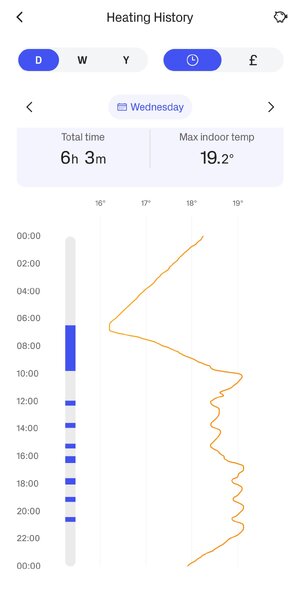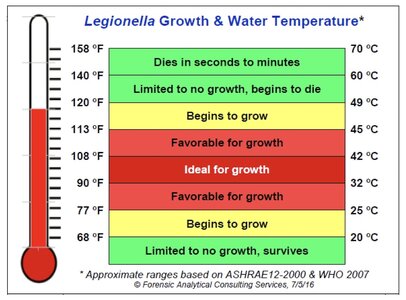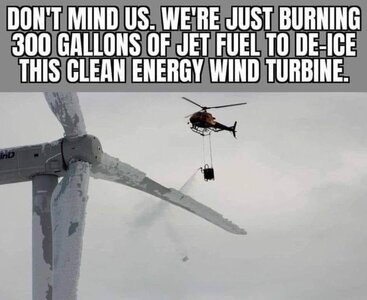... I have also been invited to view the construction stages of a small estate of bungalows all designed to be highly insulated and make the best use of air sourced heating.
I am convinced that retro fitting air or ground sourced heating into a my building which was not designed for them would be very inefficient.
...
Why do you think an air or ground sourced heat pump would be "very inefficient"? for any given building it will need the same heat energy input to raise its temperature. The building doesn't care where that heat comes from. so as long as whatever system is installed can deliver the required amount of heat, the heating requirement is satisfied.
Just for clarity when I refer to efficiency I am describing the ratio of usable heat energy output divided by the energy put into the system
Modern condensing gas boilers are pushing 95% to 98% thermal efficiency
Resistive electric heating is always 100% thermally efficient
Heat pump air or ground sourced will have a minimum of 100% but with a more likely 200 to 500% thermal efficiency
Now provided the heating system can provide the total quantity of of heat energy you need, any of the sources will work, but there are usually some compromises which might affect the cost and thus the viability of some schemes, in particular the heat pump.
If you wanted to replace a 40kW combi boiler with a heat pump and still have access to instantly heated hot water, the size and cost of a heat pump to provide that is probably well beyond the budget for most home owners. But if you shift your system back a stored hot water tank, then you don't need such a high powered heat input device as you spread your heat demand over a longer period, and that can be serviced by a much lower heat in put rate.
If you look at the way a larger heat input boiler works, it is only working at full heat for a small fraction of the time that means its capability is unused most of the time. if you work out how much energy you have used over a full day and divide it by 24 hours your likely to find your average hourly over ad is in the order of 2 to5 kw per hour. In theory you could replace your 40kW boiler which runs some of the time with a 5kW Heat pump that runs all the time. and you would receive the same amount of energy.
We have to acknowledge that heat pumps efficiencies do vary because of specific details of an installation, and the concurrent environmental conditions. But unless there is something faulty or the environmental conditions are exceptionally poor, I would expect a heat pump to have at a absolute minimum a CoP of 1 but more typically in the range of 2 to 5. Essentially any CoP of greater than 1 means for every kWh of energy you use from your supplier, you should get more than 1kWh of heat energy into your property. But typically you should see your imported energy needs for heating fall by 50 to 80%
That does not fit your analysis of a heat pump being "very inefficient"
Whether it makes economic sense is very difficult to assess without knowing the tariffs you are on, but there should be no question about the efficiency of a heat pump.


